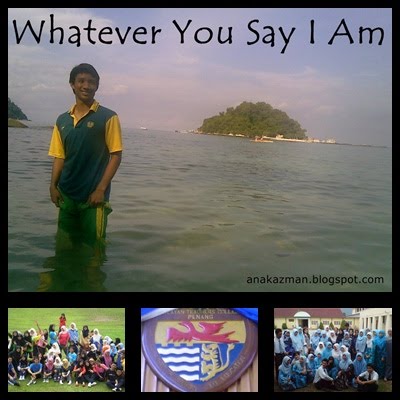So the last class was a Sunday afternoon class, which meant that I was a hungry and sleepy person before and after the class. I forgot that I was sleepy when the class started, since we talk about listen to things I care about as a person right now. I alleviated my hunger midway through the class by excusing myself to go eat in the middle of the class. Mm, food. If I were a better manager of my own time, I would have eaten before going to the class, but I manage my time terribly, so I go eat only when the gastric kicks in.
We started off by talking about how there were conflicts and crises in stories. Conflicts were things that were in the way of our main character’s main goal. Crises are small(er) conflicts along the way that the main character may or may not engage in, but ultimately do not hinder the main character from reaching the main goal.
We were supposed to bring and present our chosen 15-minute scripts to the rest of the class, telling the class what our script’s all about, the theme explored in it, the conflict and the crisis on the pages. We spent a good forty-five minutes or so going round the group presenting our scripts to the rest of the group/
The script I have chosen is called “Malam Pertama”, written by Ridhwan Saidi. It’s about two strangers who just got married and are going through their first night together, but they speak different languages so there’s a translator there with them in their bedroom translating for them. I think the main theme explored is the awkwardness of the first night of a marriage between two strangers. Their main goals are to get to know each other better. The main conflict is the difference in language. The crisis is the translator, who is both the facilitator and also the factor that enhances the awkwardness in the bedroom.
What I’ve gathered from trying to analyse and listening to all the other analyses of 15-minute scripts is that short plays (or even short stories) don’t necessarily fit into a traditional story mould (a traditional story mould being the story has a beginning, middle and end). A short story sometimes just wants to point a thing out, such as mine wanting to point out an awkward thing by making it absurd. Some short stories can be character-centric, saying “isn’t this character interesting/weird?” by showing how the character is interesting or weird. Other scripts still can just aim to deliver an image into the audience’s mind, showing for example, a scene right after a car crash.
I guess one can mould a series of events into a beginning, middle and end, and if the script doesn’t connect the dots very well in the script, or maybe connect them in a way that doesn’t suit the director’s taste, then the director would be able to shape it into a form that more pleases them. But of course, if the initial form on the page is displeasing to the director, why did the director choose the story in the first place? Maybe they got paid? Maybe they weren’t aware what they were doing? Who knows?
We also talked about performance concepts and performance forms at the very end. Performance form being a choice from realistic, experimental, pantomime, musicals, et cetera, and performance concept being the art pieces that surround and inform the staging of the play (such as music, advertising, mood, lighting, graphics, et cetera). I don’t think there’s much to add on that.
Next week will be a week off, because of the Chinese New Year holidays, so we’ll resume classes the week after that. Until then,
Cheers.
